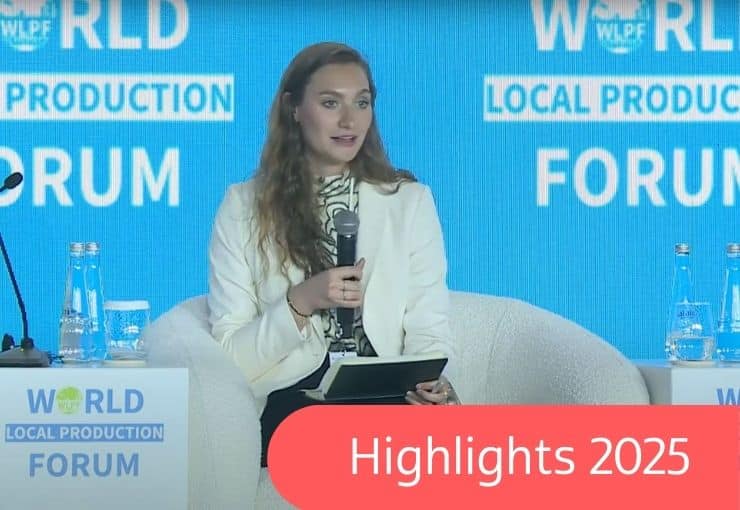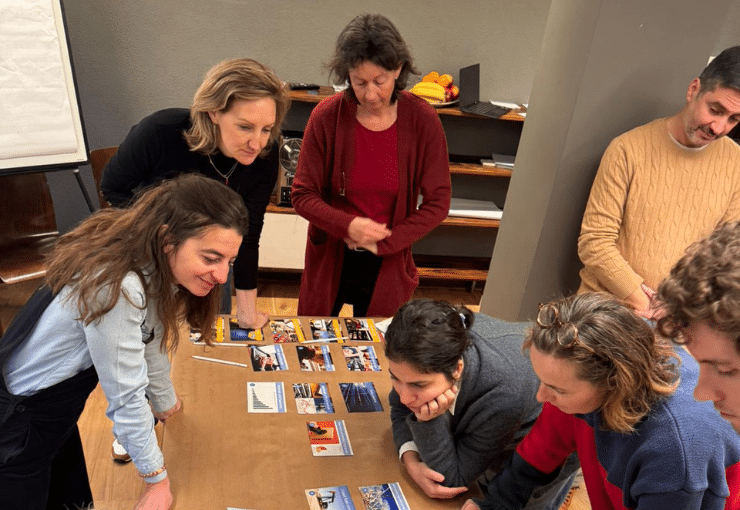Wemos and the Pharmaceutical Accountability Foundation are proud and pleased to receive a donation of 500,000 euros from the Dutch National Postcode Lottery. With this support, we commit to improving access to affordable vaccines and medicines for everyone. We strive for a world in which everyone’s health takes precedence over commercial interests. Our goal is to change the system so that prices are set fairly and monopolies do not stand in the way of the availability of vaccines and medicines. We also want to see conditions attached when taxpayers’ money is invested in medicines development, and want pharmaceutical companies to fulfil their duty of care. This way we contribute to a world that is well prepared for health threats such as pandemics, now and in the future.
Health is a human right
The corona pandemic painfully shows the importance of health, in our personal lives and the functioning of societies. Health is a universal human right. In most high-income countries people can count themselves lucky, with access to healthcare, good doctors, medicines, respirators and vaccines. But this is different in low-income countries, where, on average, only 10.6% of people have had their first corona jab. That is not only unfair, it also carries risks of further mutations, which pose a danger to everyone.
Not economic gain, but health first
Pharmaceutical companies have a lot of power over how many life-saving vaccines and medicines are produced and at what price they come to the market, while their development has largely been paid for with taxpayers’ money. Wemos and the Pharmaceutical Accountability Foundation are pushing for a system in which governments take (back) the power to put health first, instead of prioritising economic gain, and to make vaccines and medicines accessible to everyone.
When pharmaceutical companies share their knowledge about the development of vaccines with other companies, who can also produce them, the worldwide production of Covid-19 vaccines will increase, and the pandemic can be stopped faster. It also makes low-income countries less dependent on high-income countries and prepares them better for possible future pandemics.
Towards a sustainable and fair system
Ultimately, the medicine development system should be tailored to people’s needs, with everyone having access to the vaccines and medicines they need. We therefore urge governments and pharmaceutical companies to make improvements to the system, such as:
- Moving from a secretive to a fair and transparent pricing system
- Moving from monopolies that stand in the way of availability, to sharing of patents, knowledge and skills
- Moving from investing with taxpayers’ money without influence, to setting conditions on prices and availability of medicines
- And moving from a lack of compliance with human rights principles, to a legally enforceable duty of care for pharmaceutical companies
What we do
At Wemos, we conduct research into causes and solutions, and we work together in (inter)national networks. We actively lobby policy makers in the Netherlands, Europe and the World Health Organization, urging improvements in legislation and regulations to make the system fairer. As a constructive partner with expertise, we are often close to the fire and contribute to policy change. The Pharmaceutical Accountability Foundation closely monitors pharmaceutical companies’ compliance with human rights and holds them to account (if necessary, also legally) for their social duty of care. Through good contact with journalists, together we stimulate public discussion and draw attention to the problems and (especially) the solutions.
We look forward to working together with the Dutch National Postcode Lottery on a world in which vaccines and medicines are accessible and affordable for everyone.




